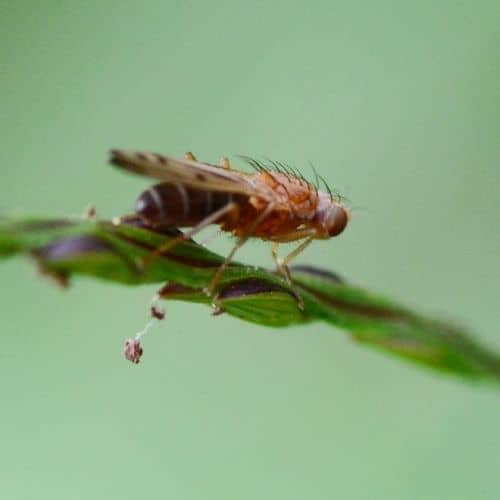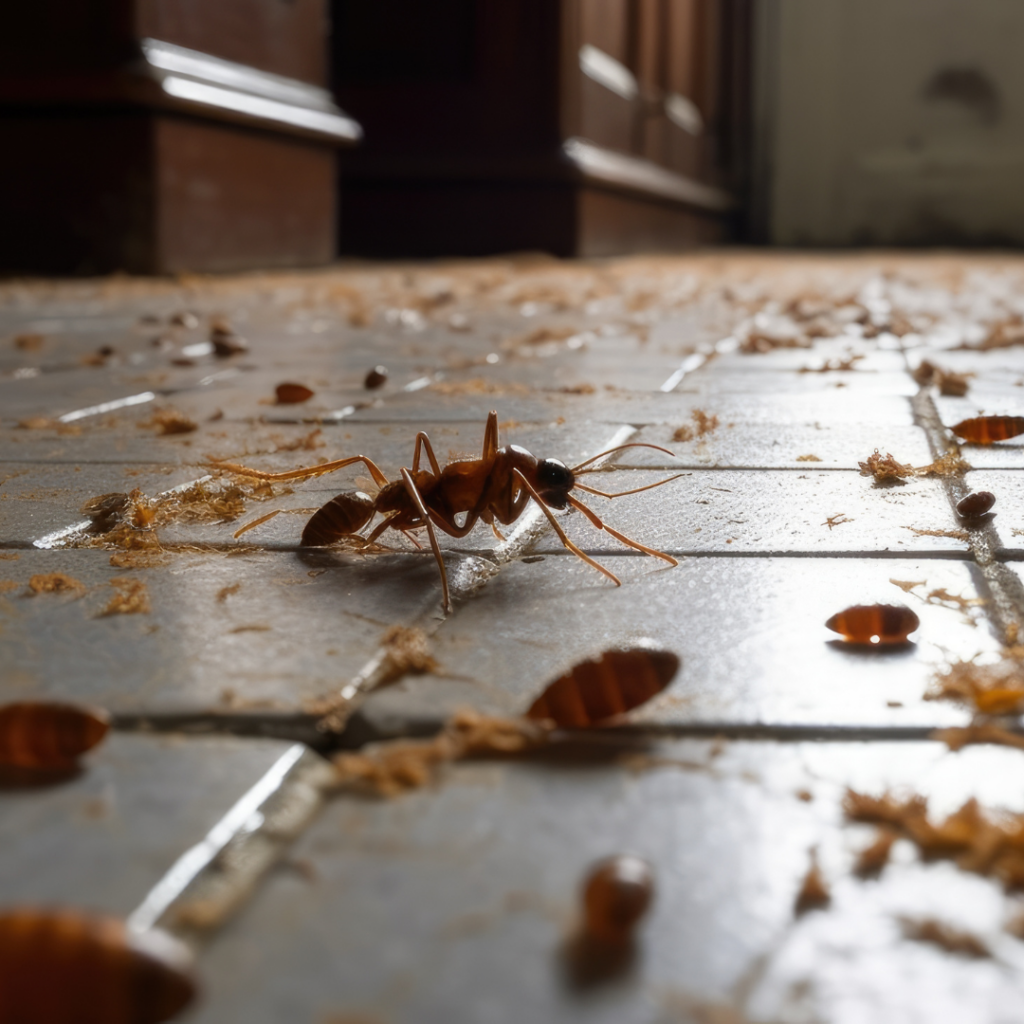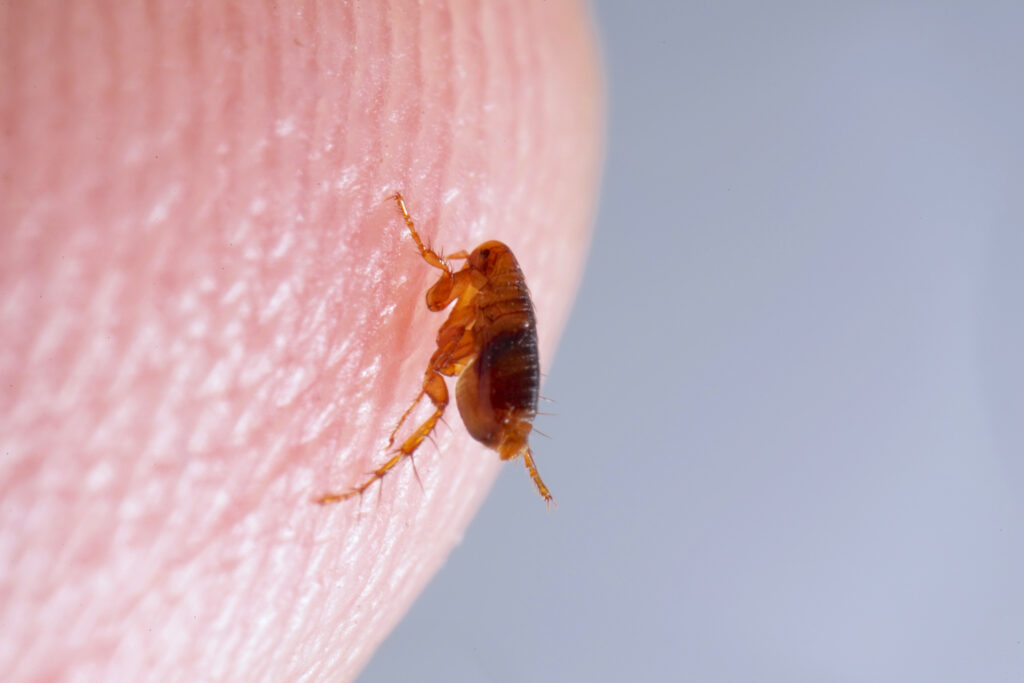
Mosquitoes are more commonly seen now that spring’s warm days are here, but did you know that at times you may actually be seeing aquatic midges instead? These pests, also known as blind mosquitoes, are active between April and November when their populations are at their peak. Aquatic midges aren’t a danger to your health, but they can be a nuisance. Read on for answers from our Associate Certified Entomologist to questions about these mosquito imposters.
What is a midge?
By definition, a midge is most any type of two-winged, tiny fly that resembles a mosquito at a quick glance. These pests are harmless to our health in that they don’t bite or feed on blood and don’t carry diseases.What is the difference between mosquitoes and midges?
Although one is easily mistaken for another, particularly since both are at their most active during the warmest months of the year, there are important differences between these pests. Mosquitoes have a proboscis, or long needle, mouthpart that allows them to bite and draw blood, while midges don’t. Another physical difference is that mosquitoes’ wings are scaly and midges’ wings appear like panes of glass, but you might need a magnifying glass to see them well. What they do have in common is that they’re both nuisance pests in their own ways.Where do you find aquatic midges?
“Aquatic” is the key here—midges are attracted to and breed in water sources, such as small, natural lakes, ponds, streams, wastewater channels, and sewage oxidation and settling ponds. They typically swarm in the late afternoon or early evening near these sources of water.What’s causing the rise in aquatic midge populations?
According to a blog post on aquatic midges, the University of Florida/Institute of Food and Agricultural Sciences (UF/IFAS), these pests have become a more noticeable nuisance due to new habitats created by the construction of new residential communities; more homeowners buying homes near rivers and lakes; and a reduction in water quality, which midges find attractive. A large population of aquatic midges is an indicator that the water is very high in nutrients.Why are blind mosquitoes a problem for homeowners?
When the population of these pests is high, they can cause all types of problems, such as:- Staining exterior stucco, painted walls and garage doors
- Damaging the paint finish, windshield, and headlights on vehicles
- Staining indoor walls, curtains, and furnishings
How do you get rid of aquatic midges in ponds?
We recommend these methods of controlling their population:- Treat standing water with an insect growth regulator (IGR) containing Methoprene.
- Stock the pond with catfish (which eat the larvae) or other bottom-feeding fish at a rate of 150 to 500 pounds per acre of water.
- Plant aquatic plants that can help remove the excess nutrients on which midge larvae feed.
- Reduce fertilizer to keep excess nutrients from being added to ponds or lakes.
- Add a pump to the pond to circulate the water.
I live by water. How can I keep midges away?
Chemical control methods aren’t effective—if you kill adults one night, thousands of other adults will be back the next night, and you’ll be killing their natural predators as well. There are, however, several steps you can take, including:- Reducing the use of unnecessary outdoor lighting, since light attracts aquatic midges.
- Changing your outdoor lighting to motion-activated lights.
- Creating a “light trap” in a corner of your property to attract them away from your house.
- Reducing your use of fertilizer in your landscape so that excess nutrients don’t flow into the ponds or lakes where these pests breed, and keep grass clippings out of the water.



